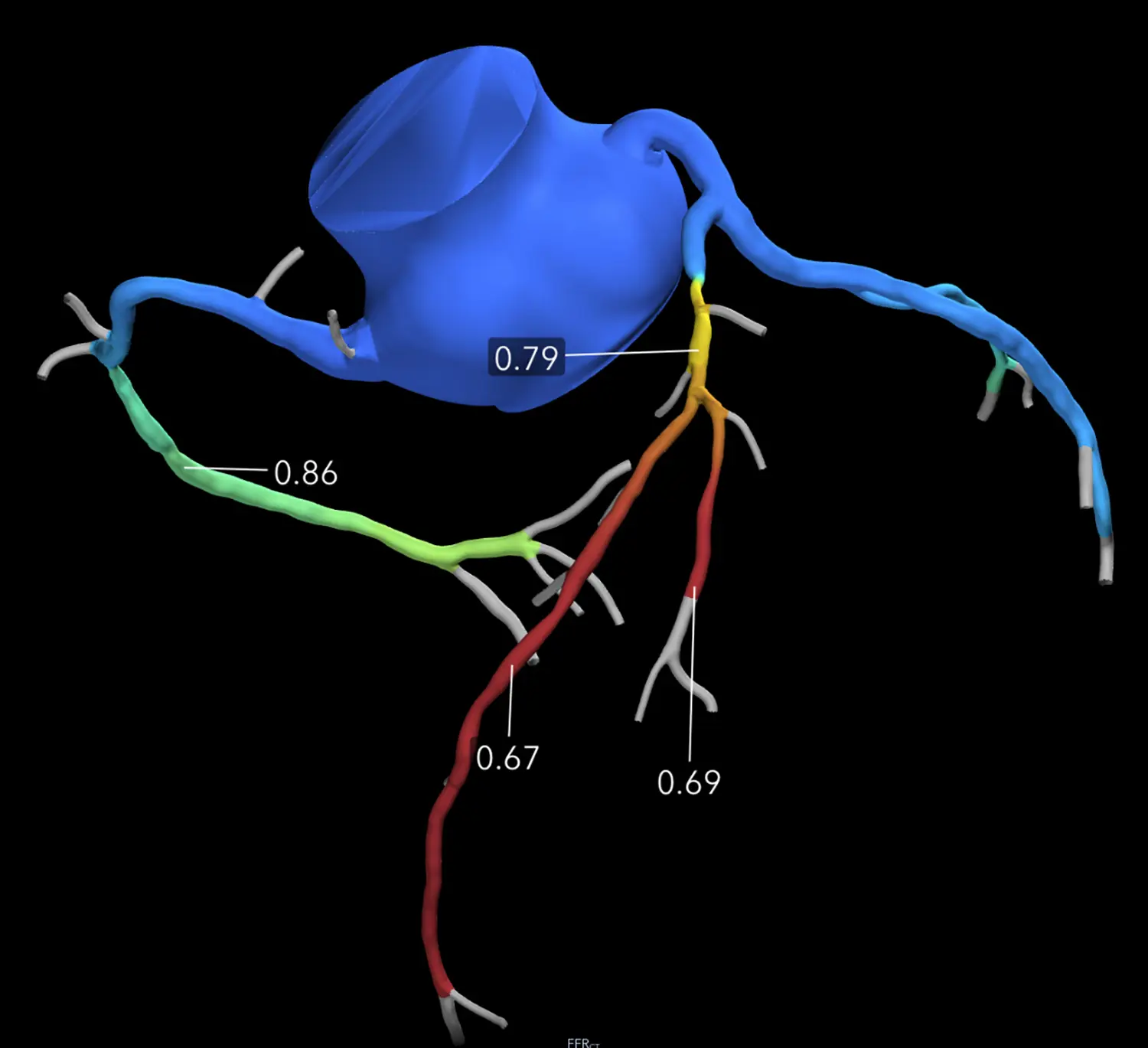Here are three tips for preventing an aFib episode — and why they work.
March 07, 2017

Atrial fibrillation (AFib) is a common type of arrhythmia characterized by an irregular heartbeat, which can significantly increase the risk of stroke. Understanding and implementing heart-health strategies is crucial for those at risk. Experts at St. Luke’s Heart and Vascular Center provide valuable insights into preventing AFib episodes through lifestyle modifications and stress management. Here are three essential tips to help you maintain a healthy heart rhythm:
1. Manage Stress Effectively
Stress, whether mental or physical, can have a profound impact on heart health. It is essential to develop strategies to manage stress effectively. Cardiologists at St. Luke’s Heart and Vascular Center recommend incorporating relaxation techniques such as yoga and mindfulness meditation into your daily routine. These practices not only help in reducing stress but also promote overall well-being. Additionally, identify and avoid common stressors like traffic congestion, tight schedules, and unnecessary confrontations. Practicing deep breathing exercises during stressful situations can also help maintain a calm and steady heartbeat.
2. Prioritize Hydration
Proper hydration is vital for maintaining the balance of electrolytes, such as potassium and magnesium, which are crucial for heart function. An imbalance in these electrolytes can trigger heart irregularities. Electrophysiologists at St. Luke’s University Health Network emphasize the importance of staying hydrated with water and electrolyte-rich beverages. It is equally important to limit alcohol consumption, as excessive drinking is associated with an increased frequency of AFib episodes. By prioritizing hydration, you can support your heart's health and reduce the risk of arrhythmias.
3. Ensure Quality Sleep
Quality sleep is a cornerstone of heart health. Interrupted sleep patterns, including insomnia and sleep apnea, can lead to scarring of the heart tissue, increasing the risk of AFib. To promote better sleep, adhere to good sleep hygiene practices: turn off electronic devices at least an hour before bedtime, create a dark and quiet sleeping environment, and establish a consistent sleep schedule. Electrophysiologists at St. Luke’s Heart and Vascular Center highlight that uninterrupted sleep is essential for preventing heart damage and maintaining cardiovascular wellness.
Additional Considerations
- Medication Adherence: Always follow your healthcare provider's instructions regarding prescribed medications. Consistent medication adherence is crucial in managing AFib and reducing the risk of complications.
- Regular Check-ups: Schedule regular check-ups with your healthcare provider to monitor your heart health and make necessary adjustments to your treatment plan.
- Healthy Lifestyle Choices: Incorporate a balanced diet and regular physical activity into your lifestyle to support overall cardiovascular health.
By integrating these practices into your daily routine, you can significantly reduce the risk of AFib episodes and enhance your heart health. Remember, proactive management and lifestyle modifications are key to maintaining a healthy heart rhythm and preventing complications associated with atrial fibrillation. Learn more about the Heart & Vascular Center at St. Luke's.
Read More NewsLatest News

February 28, 2025


